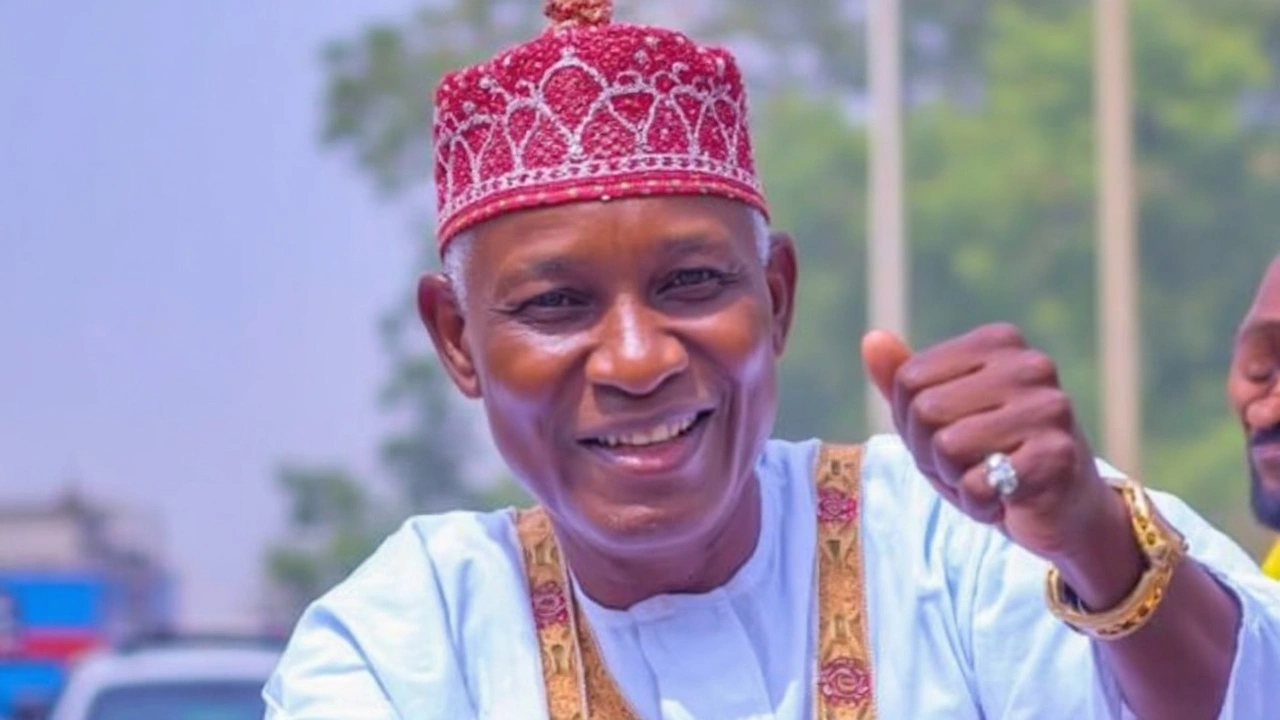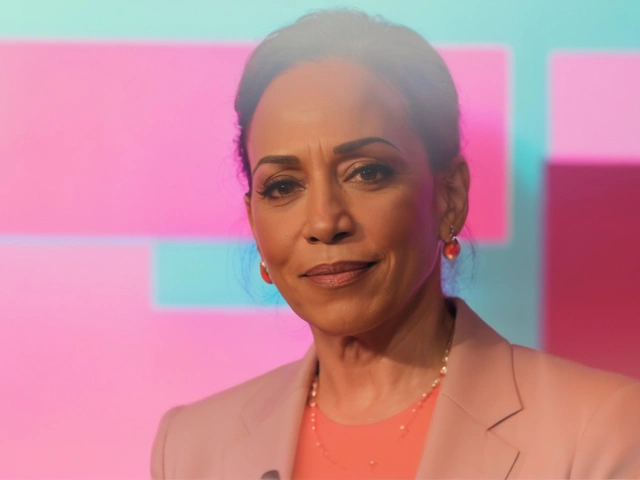Islamic New Year: What You Need to Know
Ever wondered how the Islamic New Year is different from others? The Islamic New Year marks the start of a new lunar year in the Hijri calendar, which is different from the solar calendar most people use. It begins with the month of Muharram, considered one of the four sacred months in Islam.
This day isn’t just about new beginnings; it’s deeply spiritual. Muslims reflect on the past year and seek to improve their faith and actions for the year ahead. The Islamic calendar is lunar, so the New Year date shifts about 11 days earlier each year compared to the Gregorian calendar.
How Do People Observe the Islamic New Year?
The Islamic New Year is often a time of quiet reflection rather than loud celebrations. Many Muslims attend special prayers at mosques and read Quran verses focusing on patience, perseverance, and hope. In some cultures, families gather to share meals and discuss the importance of the day.
Muharram, the first month, holds great significance because it commemorates events in early Islamic history, including the migration of the Prophet Muhammad from Mecca to Medina. The tenth day, known as Ashura, is especially important and remembered differently among various Muslim groups. It can be a day of fasting or mourning, depending on tradition.
Why Does the Date Change Every Year?
Since the Islamic calendar is based on moon cycles, the New Year moves around the Gregorian calendar. This means the Islamic New Year might fall in different seasons over the years. This lunar system also influences Islamic festivals and rituals.
Understanding the Islamic New Year is a great way to appreciate the rich heritage and diversity of Muslim cultures worldwide. It’s a moment of reflection, spiritual renewal, and community connection that goes beyond fireworks and parties.

Kano Declares Public Holiday to Mark Islamic New Year 1447 AH
Kano State has set June 26, 2025, as a public holiday for the Islamic New Year 1447 AH. Governor Yusuf encouraged Muslims to reflect and pray for peace, linking the occasion to the start of Muharram and the Hijrah.
Categories
- Sports (146)
- Politics (22)
- Entertainment (20)
- World (15)
- News (10)
- Lifestyle (8)
- Business (6)
- Technology (3)
- Health (3)
- Environment (2)



